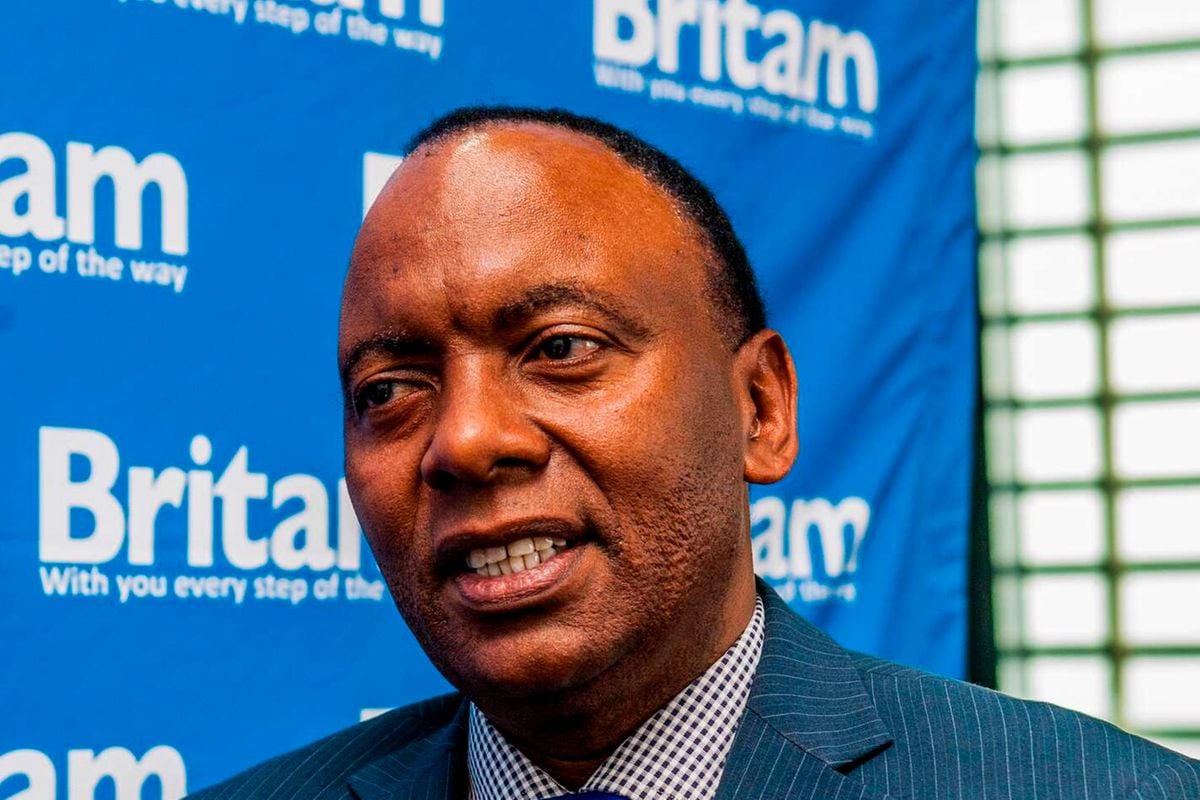Dar es Salaam. Tanzania’s capital markets welcomed a new addition yesterday with the launch of the Alpha Halal Fund, a Shariah-compliant collective investment scheme introduced by Alpha Capital-Tanzania, a brokerage firm and fund manager.
The fund aims to provide investors with ethical investment opportunities that adhere strictly to Islamic law. Targeting equities, Shariah-compliant listed funds, and other permissible investments, Alpha Capital-Tanzania seeks to diversify the investment landscape through this new offering.
“This is a significant step towards including investors who have traditionally been left out of capital markets due to the absence of products or services that align with their ethical or religious standards,” said Alpha Capital chief executive Mr Gerase Kamugisha.
Alpha Capital chief executive Mr Gerase Kamugisha
According to Kamugisha, the fund aims to raise about Sh10 billion by October 17, 2024, with contributions expected from both local and international investors.
Gracing the event, deputy Minister of State in the President’s Office (Planning and Investment), Mr Stanslaus Nyongo, emphasised the importance of the Halal Fund in broadening the scope of investment in Tanzania.
“The fund would not only increase savings and capital accumulation within the economy but also open new doors for the investment community in Tanzania by offering diverse investment options,” he said.
Mr Nyongo expressed optimism that the fund would attract a wide range of investors, both for ethical reasons and due to its potential for financial returns.
He said the fund is expected to draw significant foreign capital, thereby enhancing liquidity in Tanzania’s capital markets, which would benefit individuals and companies seeking investment for various sectors of the economy.
The Capital Markets and Securities Authority (CMSA) granted approval for the fund’s Offer Document and Operational Agreement on April 16, 2024, the regulator said.
CMSA chief executive, Mr Nicodemus Mkama, confirmed that the fund meets all legal and regulatory requirements under Tanzania’s Capital Markets and Securities Act and adheres to the guidelines for collective investment schemes.
“The fund provides an opportunity for small, medium, and large investors to pool their resources and invest collectively in Sharia-compliant capital market opportunities,” he said.
He underscored that the fund is managed by Global Alpha Capital Limited, with CRDB Bank serving as the custodian, ensuring the fund’s compliance with ethical finance principles.
According to him, the Alpha Halal Fund is designed to align with ethical finance principles, strictly prohibiting investments in activities such as alcohol production, gambling, and high-risk ventures.
“These principles ensure that all investments are backed by tangible assets and that the benefits of the investments are equitably shared among all stakeholders,” he said.
















